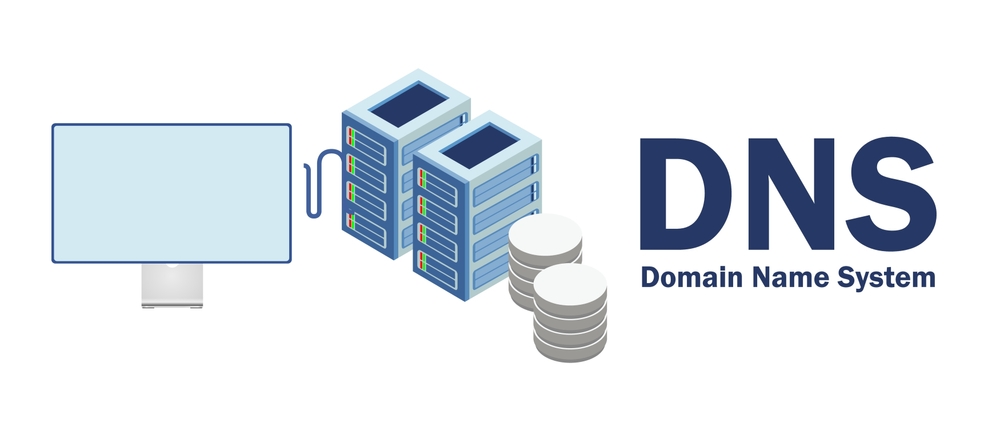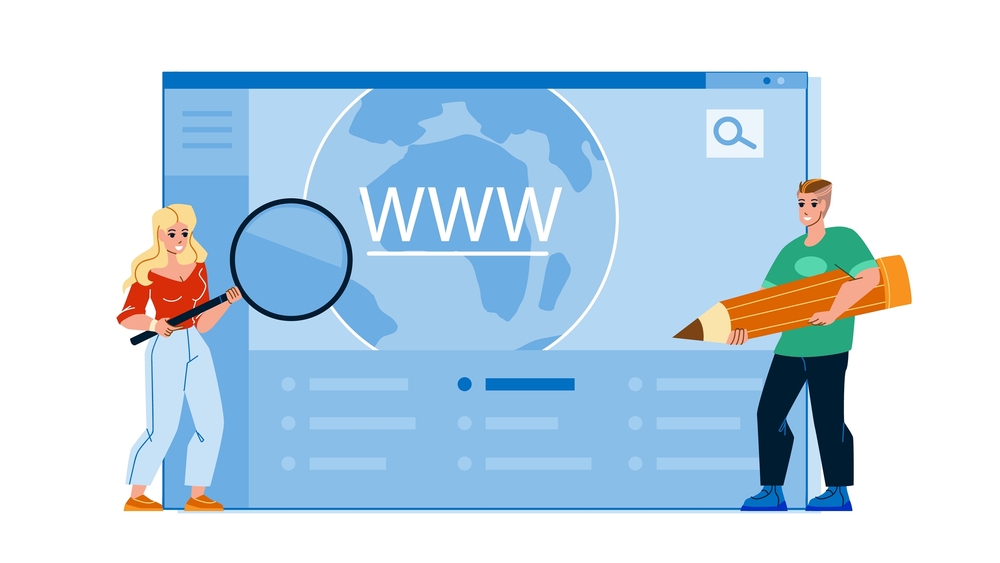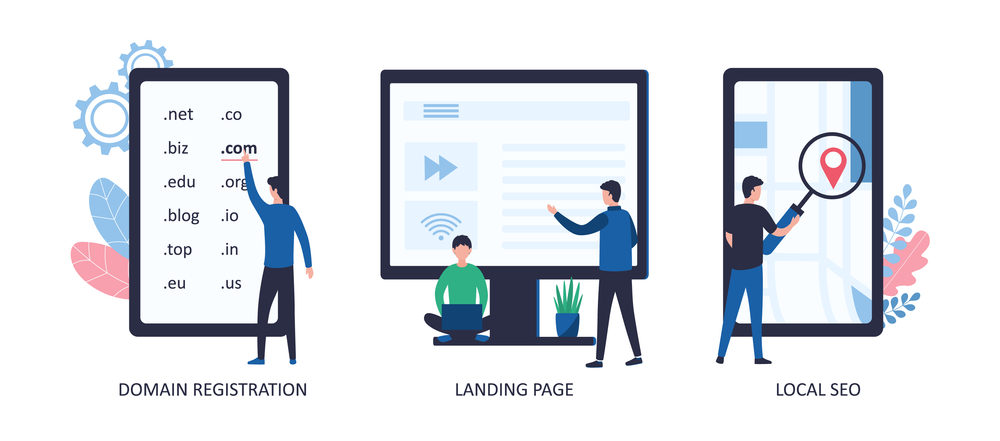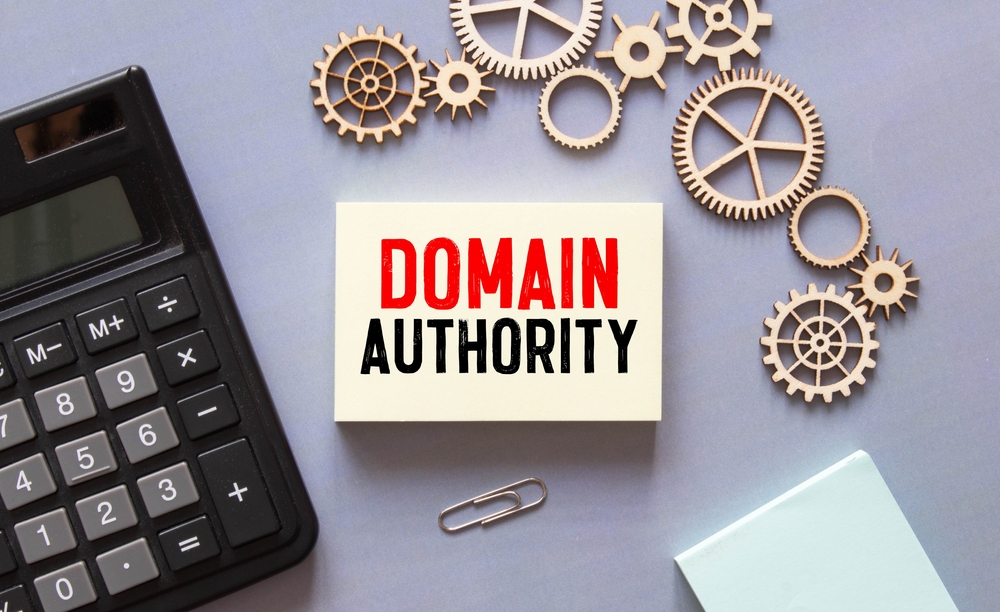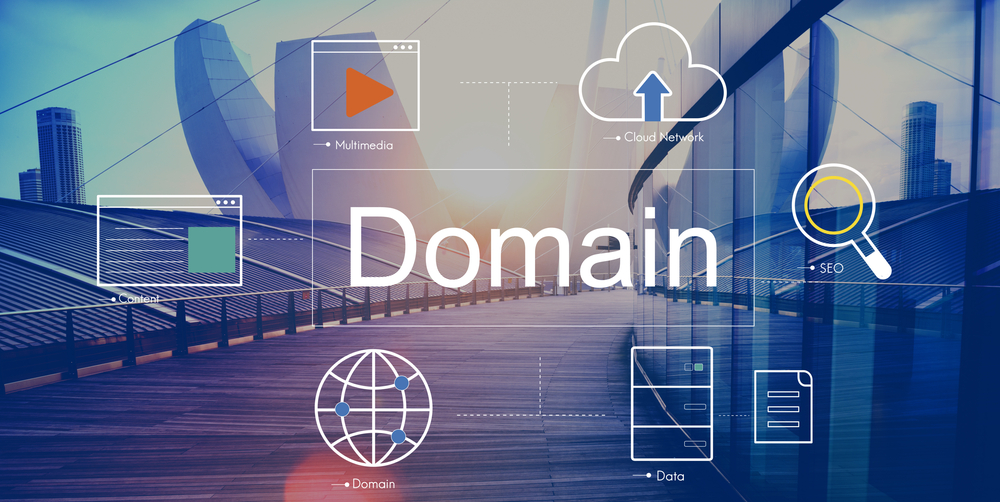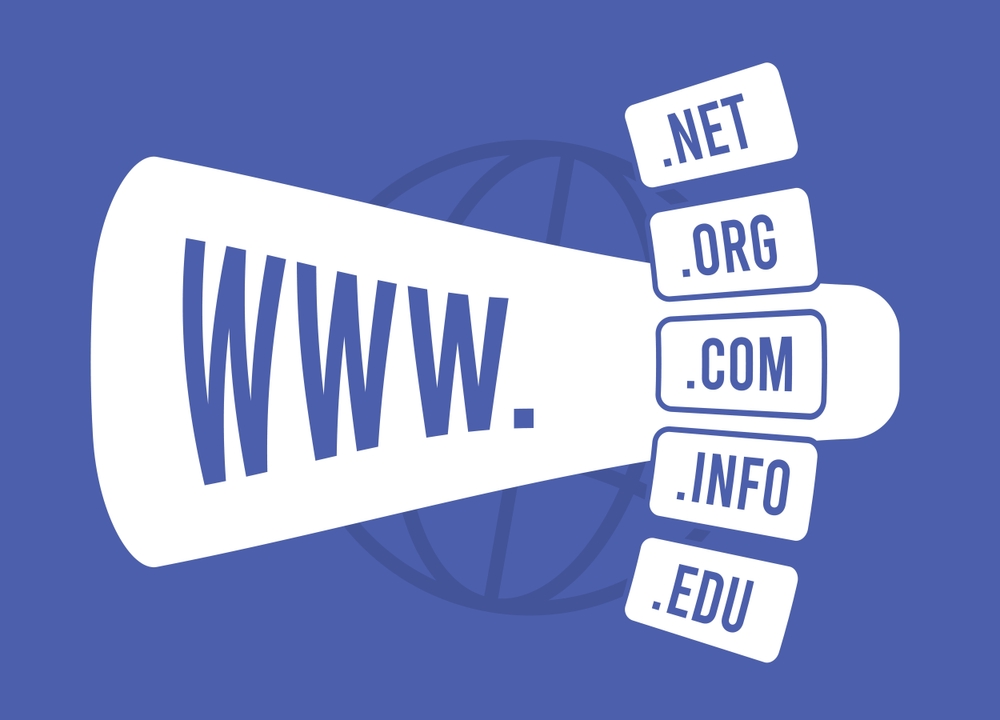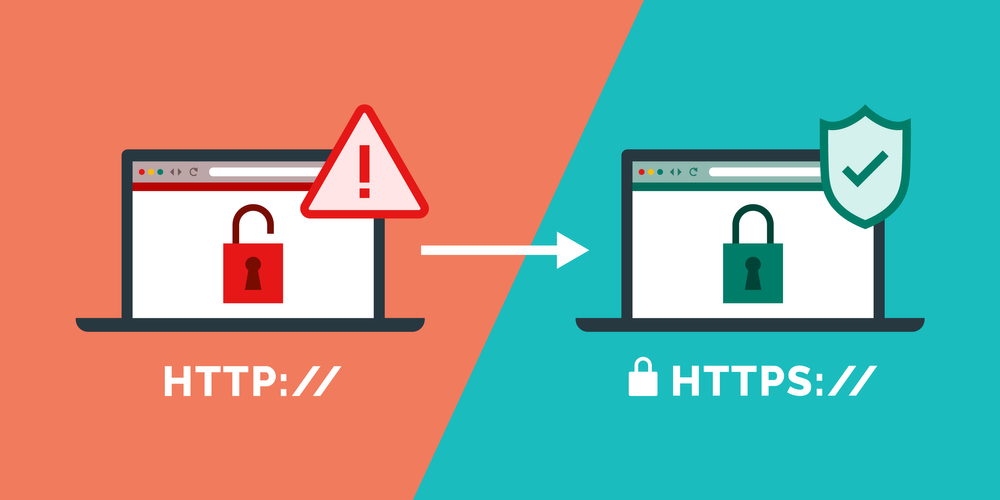Domain Name Provider: How to Choose the Best for Your Website
Choosing the right domain name provider is a crucial first step in building a successful website. Whether you’re launching a personal blog or a business platform, your domain provider plays a key role in the security, reliability, and ease of managing your domain.
We’ll walk you through what a domain name provider is, how to choose one, and which ones stand out in the market.
What Is a Domain Name Provider?
A domain name provider (also known as a domain registrar) is a company accredited to register and manage domain names. When you buy a domain like yourbusiness.com, the provider handles the registration, renewal, DNS settings, and often additional services like email or hosting.
Why Your Domain Name Provider Matters
Your provider influences:
-
Domain security
-
Ease of management
-
Renewal pricing transparency
-
Access to support when you need it
Choosing the right one ensures you maintain control of your domain and avoid unnecessary hassle or cost later.
Top Features to Look for in a Domain Name Provider
1. Transparent Pricing
Beware of providers that offer ultra-cheap first-year deals but steep renewal prices. Check the full pricing upfront—including for add-ons like privacy protection.
2. Free WHOIS Privacy Protection
WHOIS privacy keeps your contact details hidden from public databases. Some providers offer this free (like Namecheap), while others charge extra.
3. User-Friendly Dashboard
A clean, intuitive dashboard makes managing DNS settings, renewals, and domain transfers much easier.
4. Customer Support
24/7 support via live chat or phone is a must, especially if you’re a beginner or running a business-critical site.
5. Add-On Services
Some providers bundle hosting, SSL certificates, and business email addresses for convenience and cost savings.
Top Domain Name Providers in India & Globally
Here are some of the most trusted and reliable domain providers:
1. GoDaddy
-
Pros: Well-known, wide range of services, user-friendly
-
Cons: Upselling can be excessive
2. Namecheap
-
Pros: Affordable, free WHOIS privacy, clean UI
-
Cons: Slightly limited in Indian payment methods
3. Hostinger
-
Pros: Great for bundled hosting + domains, supports UPI and local currency
4. BigRock (India-specific)
-
Pros: Competitive Indian pricing, supports UPI, net banking
-
Cons: Interface is slightly dated
5. Google Domains (now part of Squarespace)
-
Pros: Easy integration with Google services
-
Cons: Limited support channels
How to Register with a Domain Name Provider
Step 1: Search for Your Desired Domain Name
Use the provider’s search tool to check if your domain is available.
Step 2: Choose an Extension
Popular options include:
-
.com– Global and widely recognized -
.in– Perfect for India-based businesses -
.org,.co,.net,.online– Based on business type

Step 3: Review Pricing & Add-ons
Look for transparent pricing on:
-
First-year cost
-
Renewal price
-
Privacy protection
-
Hosting and email bundles
Step 4: Create an Account and Purchase
Fill in your contact and payment details. Choose a payment method such as credit card, UPI, or wallet depending on the provider.
Step 5: Verify Domain Ownership
You’ll receive an email to verify your registration. Complete this step within 15 days to avoid suspension.
Cost of Domains from Major Providers
| Provider | .com Price (1st Year) | Renewal Price | Free WHOIS? |
|---|---|---|---|
| GoDaddy | ₹699–₹999 | ₹1,299+ | No |
| Namecheap | ₹700–₹850 | ₹900–₹1,200 | Yes |
| Hostinger | ₹699 | ₹1,099 | Yes |
| BigRock | ₹599 | ₹999 | No |
When Should You Contact a Professional?
If you’re unsure about domain setup, email configuration, or DNS settings, it’s wise to get expert help.
Contact Digitor for assistance and let our team ensure a smooth domain registration process tailored to your business needs.
Conclusion
Your domain name provider is more than just a seller—it’s a partner in your digital journey. Whether you’re looking for affordability, privacy, or robust support, choose a provider that aligns with your goals.
Don’t rush—compare features, read reviews, and pick a provider that ensures your domain is secure, accessible, and easy to manage.

